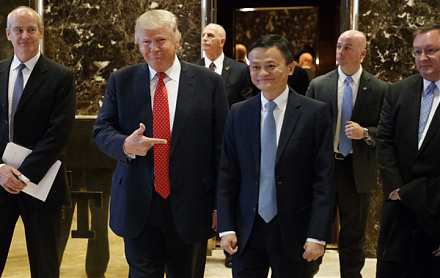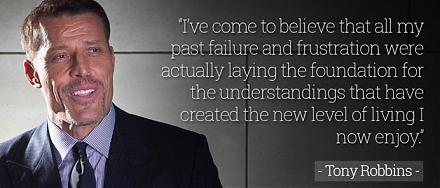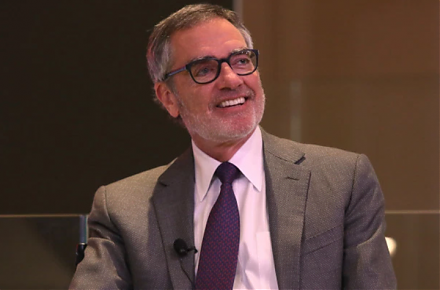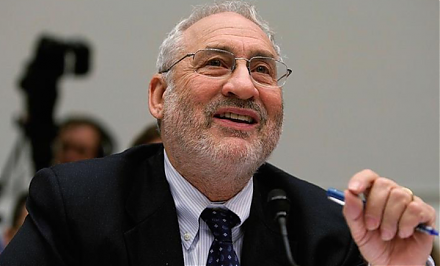

2019-10-25 07:49:00 Fri ET
treasury deficit debt employment inflation interest rate macrofinance fiscal stimulus economic growth fiscal budget public finance treasury bond treasury yield sovereign debt sovereign wealth fund tax cuts government expenditures
U.S. fiscal budget deficit hits $1 trillion or the highest level in 7 years. The current U.S. Treasury fiscal budget deficit rises from $779 billion to $1.07 trillion during the Trump administration from November 2016 to September 2019. About 60% of this Treasury budget shortfall arises from the Trump tax credits for U.S. residents and corporations. These tax cuts exacerbate the current fiscal imbalance in addition to several other fiscal stimulus packages on infrastructure, education, and technology. The fiscal deficit boosts American national debt to $22.5 trillion (or a 13% increase during the current Trump administration).
However, the fiscal deficit as a percentage of U.S. GDP decreases from a peak of almost 10% in 2009 to about 5% as of September 2019. This evidence galvanizes popular support for the Republican consensus view that both the Trump tax cuts and other fiscal stimulus packages help boost U.S. economic growth, employment, and capital investment. The U.S. unemployment rate remains at the historically low 3.7% level, and the U.S. economic growth rate reaches almost 3% per year. With low core inflation expectations below the 2% target, the Federal Reserve maintains the dual mandate of both maximum sustainable employment and price stability.
If any of our AYA Analytica financial health memos (FHM), blog posts, ebooks, newsletters, and notifications etc, or any other form of online content curation, involves potential copyright concerns, please feel free to contact us at service@ayafintech.network so that we can remove relevant content in response to any such request within a reasonable time frame.
2018-07-07 10:33:00 Saturday ET

The east-west tech rivalry intensifies between BATs (Baidu, Alibaba, and Tencent) and FAANGs (Facebook, Apple, Amazon, Netflix, and Google). These Sino-U.S.
2017-12-01 06:30:00 Friday ET

Dr Kai-Fu Lee praises China as the next epicenter of artificial intelligence, smart data analysis, and robotic automation. With prior IT careers at Apple, M
2017-01-27 17:19:00 Friday ET

Tony Robbins explains in his latest book on personal finance that *patience* is the top secret to successful stock investment. The stock market embeds an
2018-11-03 11:36:00 Saturday ET

Apple adds fresh features to its new iPad Pro and MacBook Air in addition to its prior suite of iPhone XS, iPhone XS Max, and iPhone XR back in September 20
2019-08-09 18:35:00 Friday ET

Nobel Laureate Joseph Stiglitz maintains that globalization only works for a few elite groups; whereas, the government should now reassert itself in terms o
2018-01-05 07:37:00 Friday ET

Warren Buffett cleverly points out that American children will not only be better off than their parents, but the former will also enjoy higher living stand